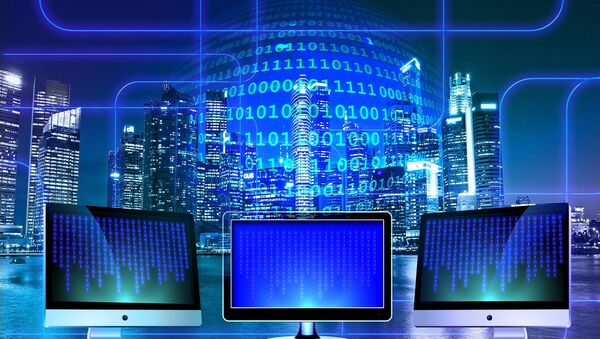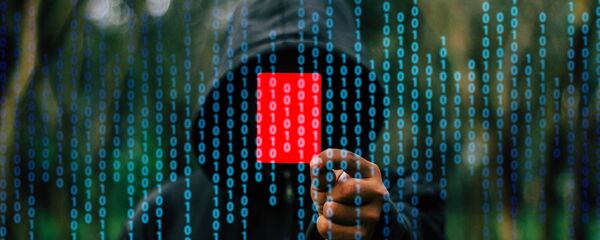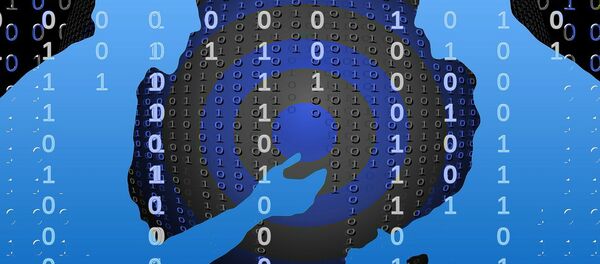When Barack Obama took over the keys to the White House from George Bush, he was advised to pursue a top-secret security program initially called the Olympic Games, now better known as Stuxnet and often recognized as the world's first cyber weapon. According to NUPI experts, Stuxnet alone managed to delay the Iranian nuclear program three years by corrupting data from centrifuges for uranium enrichment.
Eight years later, the US finds itself on the receiving end of cyber-attacks, which are rapidly increasing in number and scope. With Donald Trump to take over as US President, cyber-attacks remain high on the agenda both in the US and globally. Stuxnet represents therefore in many ways the starting point for an international race where hacking and cyber-attacks started are used for both intelligence and reconnaissance, but also as part of offensive digital warfare.
Whereas the first and the second categories are nothing new, attacks through malware are able to conceal the identity of the attacker and easily reach more sophisticated goals than simple infrastructural destruction, such as creating political pressure in inflamed negotiations or sowing chaos by triggering tensions on sensitive topics.
Remarkably, cyber-attacks are not only directed against states, but against also private companies as well. In 2014, a German steelworks sustained extensive damage when hackers took control of software related to production operations.
Cyber warfare is therefore widely acknowledged as "the perfect weapon," which is cheap, difficult to predict, trace and detect. Increased aggression through cyberspace is an emerging geopolitical risk recognized by NATO, of which Norway is part. Earlier this year, NATO defined cyberspace as an independent defense domain, in the same way as land, sea and air. Earlier this year, French Defense Minister Jean Yves Le Drian compared the importance of cyber-attacks with the role of aircraft in First and Second World War, when he launched a new department for prevention of cyber warfare.
With Norway being an important supplier of energy, politically and economically motivated cyber-attacks against Norwegian ministries, politicians and businesses are a widely overlooked challenge, the Norwegian researchers concluded.
In November, Finance Norway CEO Tom Staavi identified digital crime, such as money laundering and terror financing, as one of the foremost dangers against Norwegian society, Norwegian economic news outlet E24 reported.





